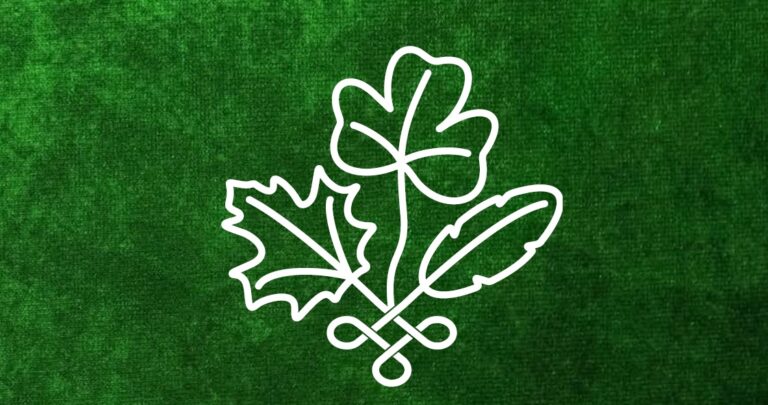
Feast of St. Peter and St. Paul
On this day the Church commemorates the significance of two of its most important saints. Peter and Paul represent the earliest days of the Church and were essential to the foundation of much of what we hold dear today.
Peter, of course, was Simon the fisherman, the “Rock” upon which Christ decided to build his Church. He guided the small community of followers of Christ after their darkest hour—the crucifixion—and through their early growth and struggles. He was indeed a rock of wisdom and prayerful insight, offering strong leadership to the fledgling Christians as they discerned what Christ would want them to do and how they should live.
After being foundational to the establishment of the Church in Jerusalem, Peter went on to Rome where Catholic belief holds him to be the first pope. He was martyred there in about the year 67 and is believed to have been buried under what is now St. Peter’s Basilica.
Paul came to Christ a little later, after having developed a reputation as a particularly aggressive persecutor of Christians. His “road to Damascus” conversion has entered not only history but has become a popular motif in art, literature and even language.
After converting to Christianity, Paul became one of its best evangelizers, founding churches throughout Asia Minor. His letters to these churches, known as the Epistles of Paul, are now part of the New Testament and have provided centuries of wisdom, encouragement and inspiration, as well as guidance on who we are as Christians and our own relationship to Christ.
Paul, too, ended up in Rome, where he was also martyred at roughly the same time as Peter. He was beheaded, and the basilica of St. Paul Outside the Walls stands as testimony to his vital importance to the Christian Church.
The feast not only commemorates the earliest days of the Church. It also has great ecumenical significance, especially given their work, in different ways, to extend Christianity to gentiles. Paul, in particular, is revered in many Christian traditions, notably among our Anglican and Orthodox friends.
Pope John Paul II did much to bolster the significance of this feast, officiating with the Orthodox Patriarch of Constantinople at joint events. As a token of the common roots of all Christians, he gave the Orthodox Archbishop of Athens, two links of the chains that relic tradition holds to be the bound Paul in Rome to the Orthodox Archbishop of Athens, one of the churches founded by the great saint.
So on this day, let us ask Peter and Paul to intercede on behalf of Christians around the world. And may all Christians who are in need and suffering be in our hearts and minds.
—Joseph Sinasac
Publishing Director


